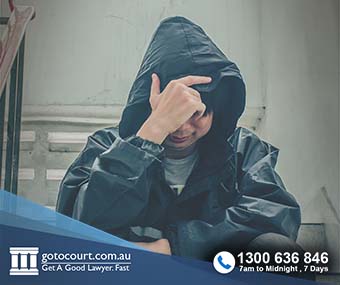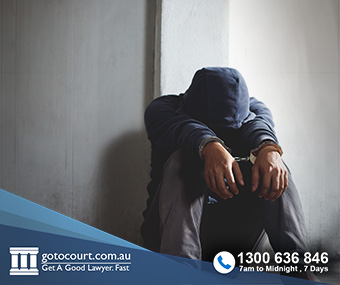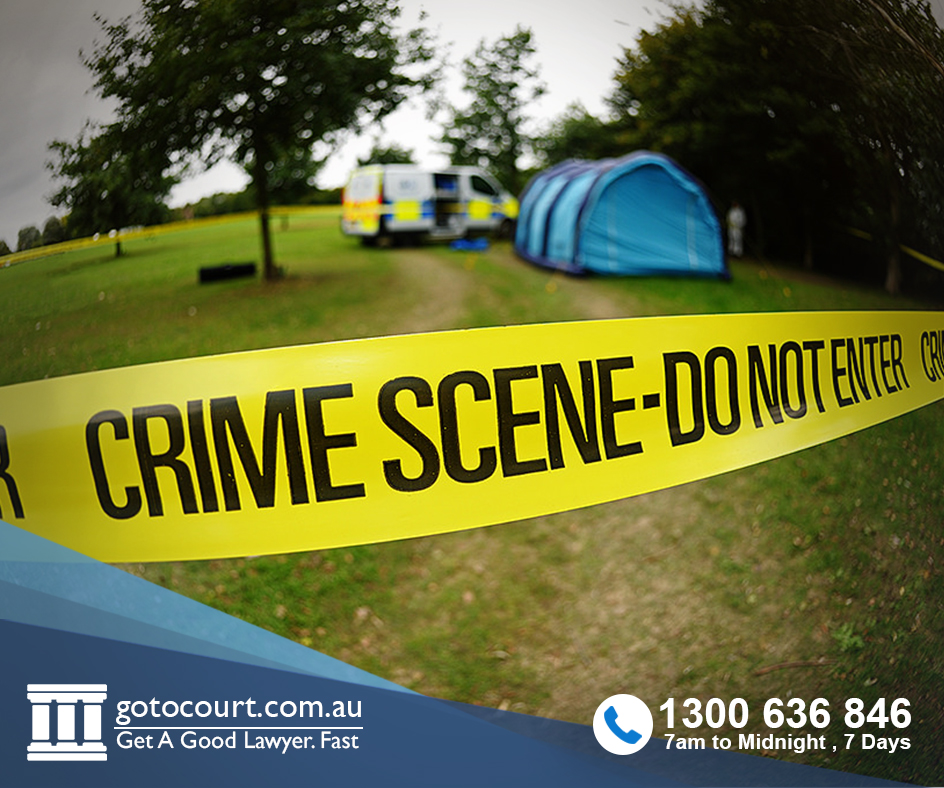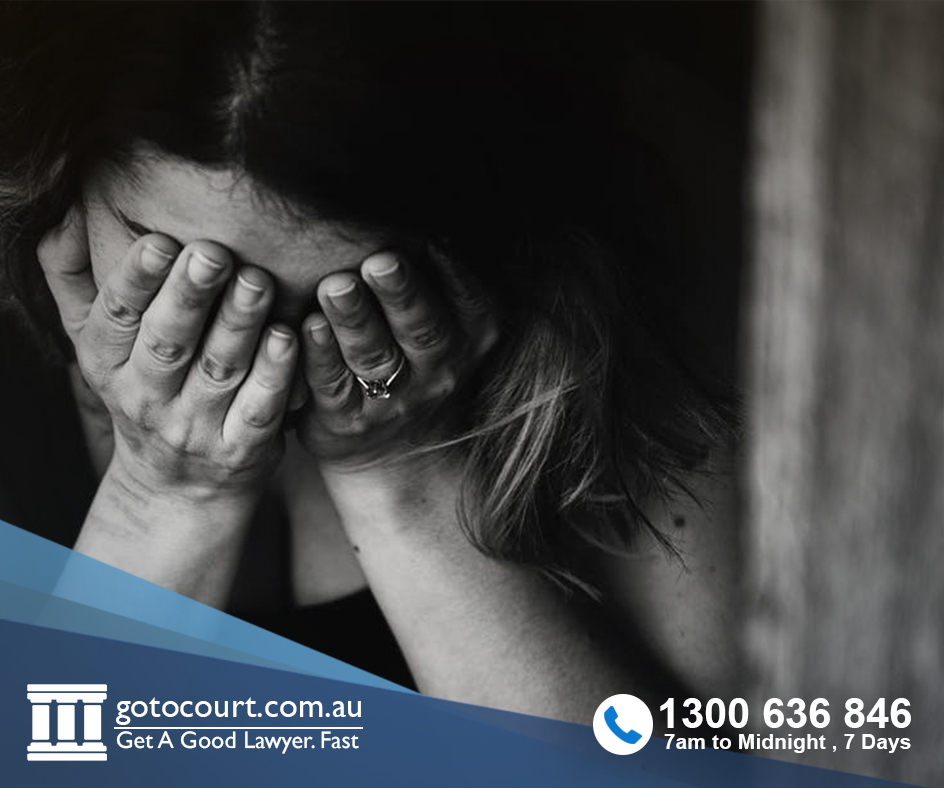School Attendance and the Law (NSW)
School Attendance and the Law (NSW)
In New South Wales, school attendance is compulsory for children between the ages of six and 17, or until the completion of Year 10 (whichever occurs first). This has been the case since 2010. Prior to 2010, school attendance was only compulsory until the age of 15.
New South Wales raised the school leaving age, the Premier said it was a ‘ground-breaking shift’ in educational policy and that it would enhance the employment capacity and earning potential of young people in NSW. Other states and territories have also now raised the school leaving age to 17 because of growing evidence that a person’s level of education has a profound effect on their prospects in life.
Does this mean you have to finish school?
Section 21B of the Education Act 1990 provides that when a person who is still aged below 17 has completed Year 10, they have several options. They can continue to Year 11. They can do an apprenticeship or traineeship. They can study at TAFE or in higher education. Alternately, they can leave school to undertake paid work, provided the young person is doing a minimum of 25 hours of paid work per week.
Exemptions
If a young person has completed Year 9 but not Year 10 and wants to undertake an apprenticeship or traineeship, the school principal can grant an exemption from school attendance. However, if the apprenticeship or traineeship is subsequently cancelled, the student must return to school.
The Education Minister may grant a child an exemption from attending school if satisfied that conditions exist that make it necessary or desirable that such an exemption be granted. An exemption may be made subject to conditions and for a specified time frame.
The parent of a child enrolled in a public school may give written notice that they conscientiously object on religious grounds to the child being taught a particular part of a subject. The Department may accept such a notice is satisfied that it is based on genuinely held religious beliefs.
Compulsory Schooling Orders
Section 22D of the Education Act empowers the Children’s Court to make a Compulsory Schooling Order in relation to a child who is of compulsory school attendance age.
A Compulsory Schooling Order may require the parent of the child to ensure the child receives schooling or it may require the child to engage in compulsory schooling. The latter occurs if the child is aged over 12 and is living independently of its parents or its parents are unable to ensure the child receives schooling.
A Compulsory Schooling Order is made on the application of the Director-General of the Department of Education. Parents and children may respond to such an application.
School attendance offence
Under Section 23, the parent of a child of compulsory school age commits a criminal offence if they fail to enrol the child in a school or register the child for homeschooling. This offence is punishable by a maximum penalty of a fine of 25 penalty units for a first offence, 50 penalty units for a second offence and 100 penalty units for a parent who is to a compulsory schooling order.
If you require legal advice or representation in an education matter or in any other legal matter, please contact Go To Court Lawyers.

Affordable Lawyers
Our Go To Court Lawyers will assist you in all areas of law. We specialise in providing legal advice urgently – at the time when you need it most. If you need a lawyer right now, today, we can help you – no matter where you are in Australia.How It Works




1. You speak directly to a lawyer
When you call the Go To Court Legal Hotline, you will be connected directly to a lawyer, every time.

2. Get your legal situation assessed
We determine the best way forward in your legal matter, free of charge. If you want to go ahead and book a face-to-face appointment, we will connect you with a specialist in your local area.

3. We arrange everything as needed
If you want to go ahead and book a fact-to-face appointment, we will connect you with a specialist in your local area no matter where you are and even at very short notice.



























